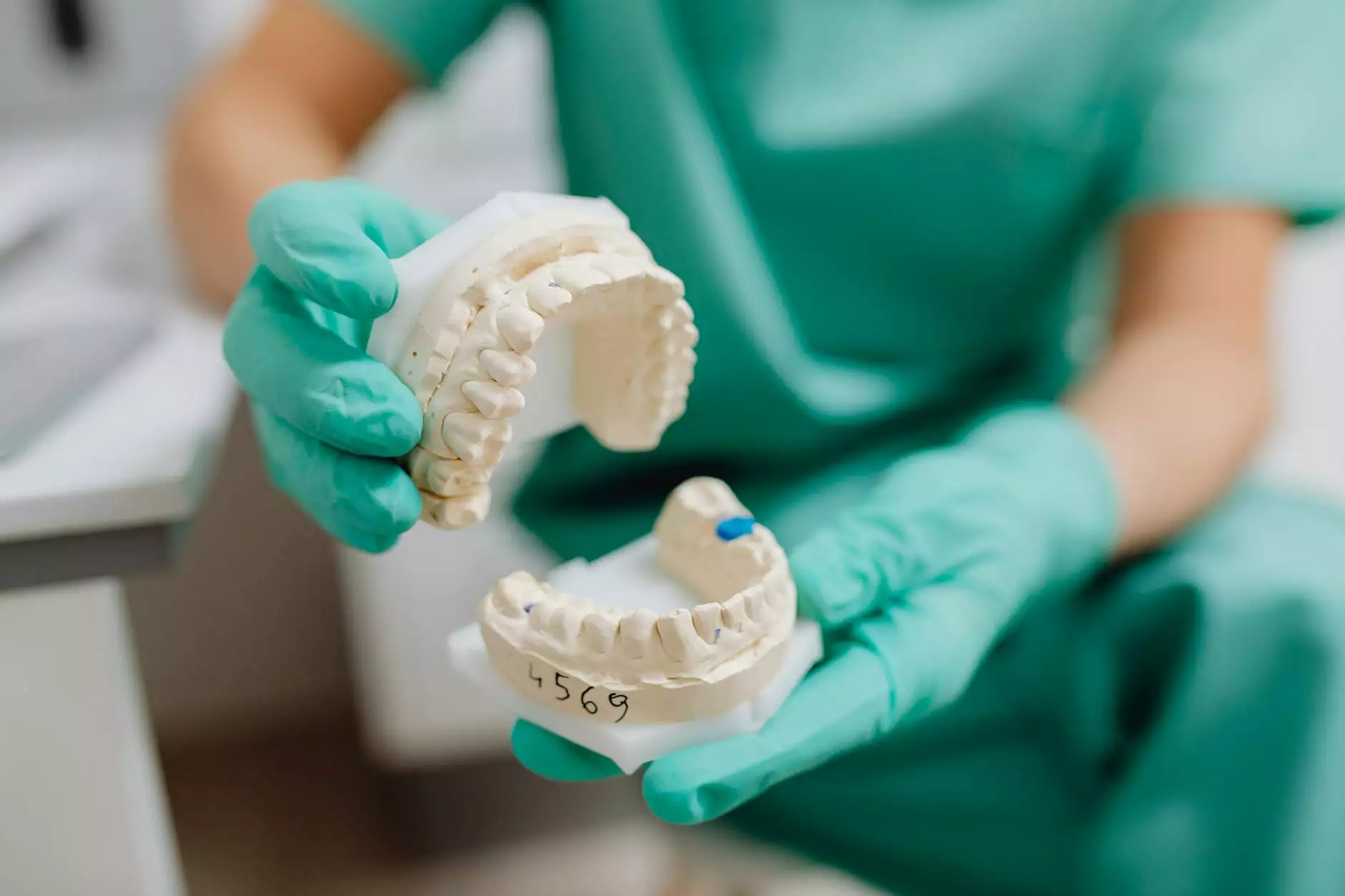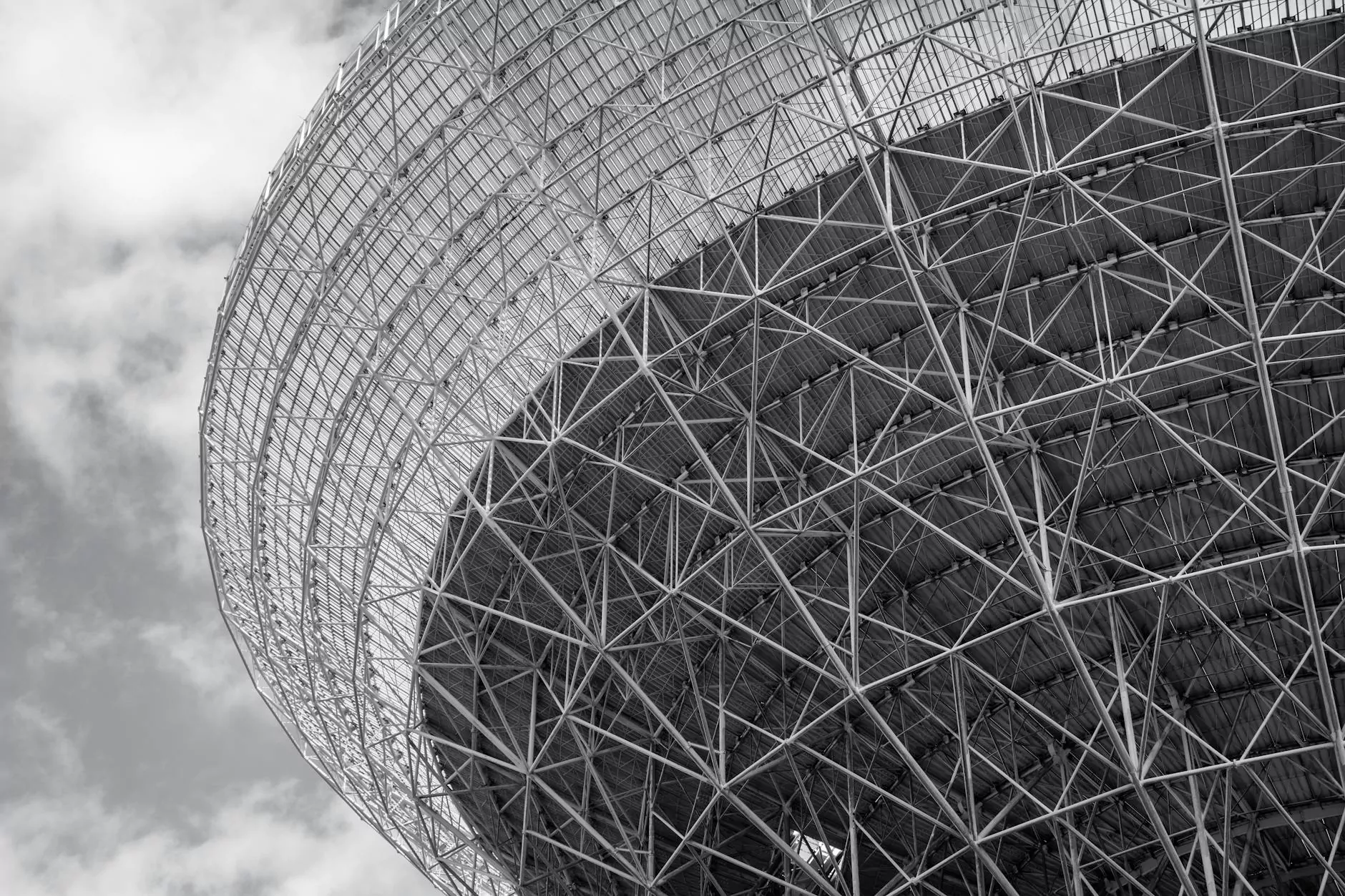CT Scan Lung Screening: A Vital Tool for Early Detection

In today’s healthcare landscape, early detection of potential health issues can significantly improve outcomes, especially for life-threatening conditions such as lung cancer. One of the most effective methods for early diagnosis is the CT scan lung screening. This article aims to explore the significance of lung screening through CT scans, the procedure involved, and how it plays an essential role in ensuring better health outcomes.
Understanding CT Scan Lung Screening
A CT scan, or computed tomography scan, is an imaging procedure that employs X-rays and computer technology to create detailed cross-sectional images of internal organs, including the lungs. When we talk about CT scan lung screening, we are focusing on its use as a preventive measure to detect lung diseases in asymptomatic individuals, particularly in high-risk populations.
The Importance of Lung Screening
With lung diseases, especially lung cancer, often presenting no symptoms in their early stages, regular screening becomes crucial. Here are some key reasons why lung screening is important:
- Early Detection: Identifying lung cancer at an earlier stage can lead to more effective treatment and significantly increase survival rates.
- High Risk Identification: Individuals with a history of heavy smoking, exposure to occupational hazards, or family history of lung diseases can benefit from regular screening.
- Peace of Mind: For those concerned about lung issues, knowing their lung health status can alleviate anxiety and encourage healthier lifestyle choices.
Who Should Consider CT Scan Lung Screening?
CT scan lung screening is typically recommended for high-risk populations. According to guidelines issued by the American Cancer Society, the following groups should consider undergoing lung screening:
- Adults aged 50 to 80 years.
- Individuals with a smoking history of a pack per day for 20 years or more.
- Current smokers or individuals who quit smoking within the past 15 years.
It's important to consult with a healthcare professional to assess individual risk factors and determine the appropriateness of a CT scan lung screening for your specific situation.
The Procedure of CT Scan Lung Screening
Understanding the CT scan lung screening process can help ease any concerns about the procedure. Here’s what you can typically expect:
1. Consultation
Before undergoing a CT scan, you’ll have a consultation with your doctor, during which your medical history, smoking habits, and any potential symptoms will be reviewed. This is your opportunity to discuss any concerns and ask questions about the procedure.
2. Preparation
Unlike some tests, no special preparations are usually needed for a CT scan lung screening. You may be advised to refrain from eating for a few hours before your appointment if contrast material is to be used.
3. The CT Scan Process
During the CT scan:
- You will lie on a narrow table that slides into the CT scanner.
- The technician will position you to ensure the best possible images.
- You may be asked to hold your breath for a few seconds while the machine scans your lungs.
The entire procedure typically lasts only a few minutes, and you may resume normal activities immediately afterward.
Interpreting the Results
After the scan, a radiologist will carefully examine the images and provide a report to your doctor. Depending on the findings, your doctor will discuss the results with you and recommend further actions if needed. Here’s how results can vary:
- Normal Results: If your lungs are clear, regular monitoring might be suggested based on your risk factors.
- Abnormal Findings: If there are unusual spots or masses, further tests like a biopsy or additional imaging may be warranted.
Benefits of CT Scan Lung Screening
The advantages of participating in CT scan lung screenings extend far beyond just early detection:
1. Reduces Mortality Rates
Numerous studies, including the National Lung Screening Trial (NLST), have demonstrated that regular lung screening can reduce lung cancer mortality rates by up to 20% in high-risk populations.
2. Personalized Healthcare
With modern technology, findings can lead to personalized treatment plans that cater to individual health needs, potentially preventing the advancement of lung diseases.
3. Community Awareness
Engaging in lung screening programs raises awareness within communities about the importance of lung health and encourages individuals to seek regular check-ups.
Addressing Common Concerns
Despite the benefits of CT scan lung screening, many individuals harbor concerns about radiation exposure and the possibility of false positives. Here, we tackle these common apprehensions:
1. Radiation Exposure
Though a CT scan does involve radiation, the amount is significantly lower than the cumulative exposure individuals may receive during several traditional X-rays. Moreover, the risk of radiation exposure is outweighed by the potential benefits of early detection.
2. False Positives
While false-positive results can occur, leading to unnecessary anxiety and further testing, healthcare providers are trained to interpret results carefully. In many cases, further imaging may provide clarity without the need for invasive procedures.
The Future of Lung Screening
As research progresses, the future of CT scan lung screening appears promising. Advances in imaging technology, machine learning, and artificial intelligence are expected to enhance the accuracy of screenings, allowing for improved identification of lung diseases at even earlier stages.
Choosing the Right Facility for CT Scan Lung Screening
When considering a CT scan lung screening, it’s crucial to select a facility that prioritizes patient care and employs the latest technology. At Neumark Surgery, we are committed to offering comprehensive diagnostic services and personalized treatment plans tailored to your health needs.
Our team of experienced professionals ensures that each patient receives top-tier care, from initial consultations to post-screening follow-ups. We use state-of-the-art imaging technology to provide accurate and timely results, enabling informed decision-making regarding lung health.
Conclusion
The significance of CT scan lung screening in the early detection of lung diseases cannot be overstated. By understanding the procedure, the individuals it benefits, and the importance of regular screenings, we empower ourselves to take charge of our health. If you find yourself in a high-risk category, consider reaching out to a healthcare provider for a thorough assessment and to discuss the possibility of scheduling a CT scan lung screening at Neumark Surgery.
Your lungs are vital to your overall health, and proactive measures such as lung screening can make a profound difference in ensuring a healthier future.
Contact Us: For more information about CT scan lung screening or to schedule an appointment, visit neumarksurgery.com.









